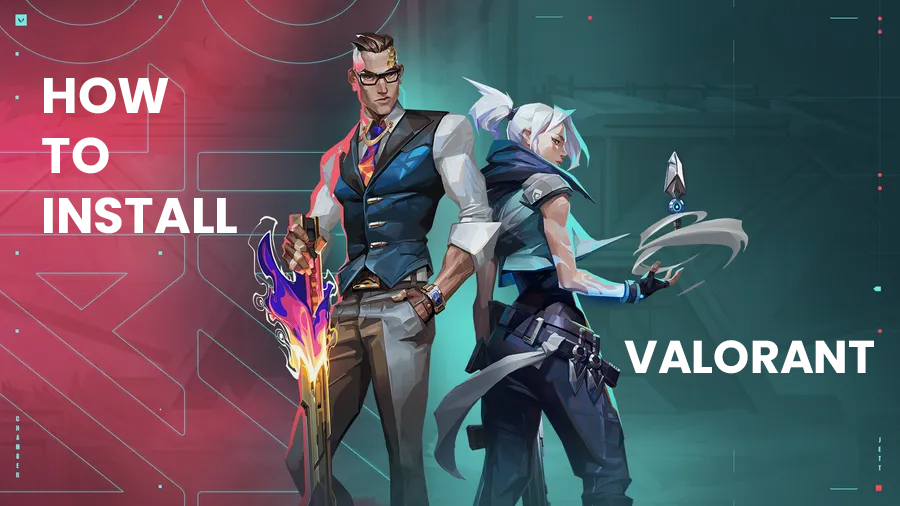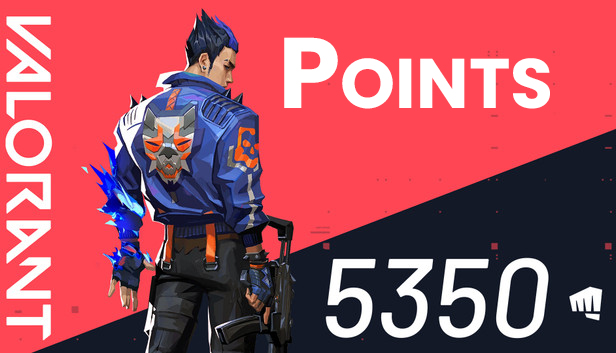In Valorant, having top-tier aim and mastering meta agents is essential, but these skills alone won’t guarantee you success. To truly climb the ranks, you need to develop your game sense—an intuitive understanding of the game’s flow, enemy behavior, and how to make quick, informed decisions. Without good game sense, you’ll find yourself stuck in a rank, unable to progress. In this guide, we’ll show you how to improve your game sense in just eight minutes.
What Does Good Game Sense Enable You to Do?
- Read the Flow of the Game: Good game sense allows you to understand how a round is likely to play out. Instead of reacting to random events, you can anticipate what will happen next, positioning yourself accordingly and staying ahead of your opponents.
- Predict Enemy Behavior: By honing your game sense, you’ll start to anticipate how enemies will play. You’ll understand their thought patterns, how they will approach situations, and what abilities they are likely to use. This foresight allows you to counter their moves effectively.
- Stay One Step Ahead: With strong game sense, you’ll consistently be quicker and more effective than your opponents, allowing you to rack up kills and dominate rounds.
How to Develop Game Sense in Valorant
1. Consider Every Factor
Valorant is like a puzzle where every piece of information matters. Start by analyzing the enemy composition. For example, if the opposing team has no breakable utility for your Cypher trips, they’ll struggle to push your site. This knowledge should influence your positioning and strategy.
Similarly, if you notice that the enemy team has agents with a lot of flashes, like Phoenix or KO, avoid open angles without cover. Instead, opt for safer off-angles where you can avoid getting flashed. On the other hand, if the enemy team lacks such abilities, you can play more aggressively, knowing you’re less likely to be punished.
2. Predict Enemy Movements
As you gain experience, you’ll start to predict how enemies will move and react in different scenarios. Understanding where enemies are likely to plant or how they’ll execute a push allows you to set traps and make plays that shut them down.
3. Adapt to Weapons and Armor
Knowing what weapons and armor the enemy could have is crucial. For instance, if you suspect the enemy can afford an Operator, avoid peeking long angles like C Long on Haven without jiggling first. Use utility to clear dangerous spots, and be prepared to trade if your teammates go down.
In eco rounds, consider that enemies might be holding close corners with shotguns, so clear those spaces with abilities before pushing. Adjusting your playstyle based on the enemy’s resources is a fundamental aspect of good game sense.
Making Informed Decisions
Even with great game sense, you can’t predict everything. Players sometimes make unexpected decisions, but your goal should always be to anticipate the most powerful and likely plays the enemy can make. Focus on countering their best strategies, as these are the plays most likely to challenge you.
For example, if you’re holding U-Haul and the enemy Brimstone has his ultimate, be ready to move as soon as you hear it. Position yourself to avoid getting trapped and ensure you’re not caught off guard.
Prioritize Win Conditions
In high-pressure situations, understanding and focusing on your win conditions is key. If you’re in a 1v1 post-plant scenario, your goal isn’t necessarily to get the kill—it’s to prevent the enemy from defusing the spike. This might mean playing time rather than aggressively seeking out the last kill. Making these calculated decisions based on the situation will increase your chances of winning rounds.
The Importance of Commitment
When making decisions, commit fully. Whether you’re deciding to push or hold, doing so with confidence will make it easier to learn from your actions. Lukewarm decisions, where you’re unsure or hesitant, provide little learning value. Even if your choice turns out to be wrong, a decisive mistake is more instructive than an indecisive one.
Building Game Sense Over Time
Remember, game sense, like aim, is something that develops over time. It’s a marathon, not a sprint. Every game, every round, provides an opportunity to learn and refine your game sense. Reflect on your plays, understand what went right or wrong, and gradually, you’ll see improvement in how you read and react to the game.




